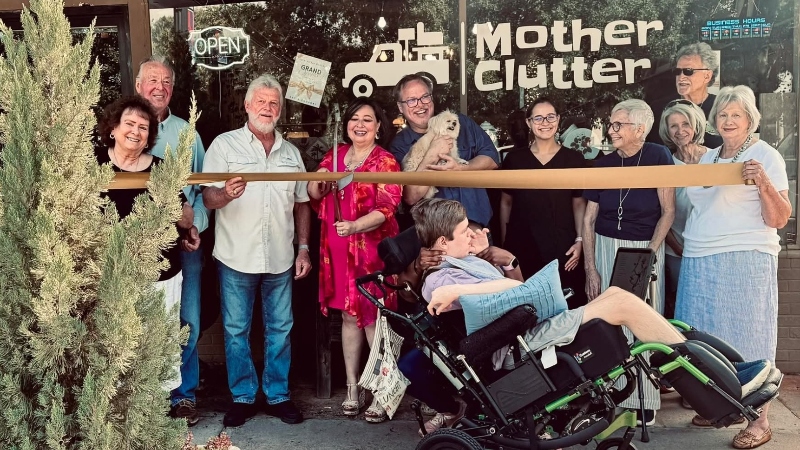Exploring Jewish American heritage through literature
Published 11:03 am Tuesday, May 20, 2025
|
Getting your Trinity Audio player ready...
|
May is Jewish American Heritage Month, and there’s no better time to dive into the rich tapestry of stories that reflect the experiences, struggles, and triumphs of Jewish Americans. These books recommended by the Jewish Book Council can open the door to deeper understanding and meaningful reflection.
Tía Fortuna’s New Home by Ruth Behar
Trending
This children’s picture book is a poignant multicultural ode to family and what it means to create a home as one girl helps her aunt move away from her beloved Miami apartment. A lyrical book about tradition, culture, and togetherness, it explores the characters’ Sephardic Jewish and Cuban heritage.
How to Find What You’re Not Looking For by Veera Hiranandani
In this children’s historical fiction novel from a Newbery Honor-winning author, middle schooler Ariel Goldberg’s life changes when her big sister elopes following the 1967 Loving v. Virginia decision, and she’s forced to grapple with both her family’s prejudice and the antisemitism she experiences, as she defines her own beliefs.
Wandering Dixie by Sue Eisenfeld
Trending
Sue Eisenfeld is a Yankee by birth, a Virginian by choice, an urbanite who came to love the rural South, a Civil War buff, and a nonobservant Jewish woman. In Wandering Dixie, she travels to nine states, uncovering how the history of Jewish southerners converges with her personal story and the region’s complex, conflicted present.
How Yiddish Changed America and How America Changed Yiddish, edited by Ilan Stavans and Josh Lambert
Is it possible to conceive of the American diet without bagels? Or Star Trek without Mr. Spock? How has Yiddish, a language without a country, influenced Hollywood? These and other questions are explored in this stunning and rich anthology of the interplay of Yiddish and American culture, edited by award-winning authors and scholars.
Lincoln and the Jews by Jonathan D. Sarna and Benjamin Shapell
Lincoln’s lifetime coincided with the emergence of Jews on the national scene in the United States. When he was born in 1809, scarcely 3,000 Jews lived in the entire country. By the time of his assassination in 1865, large-scale immigration, principally from central Europe, had brought that number up to more than 150,000. Many Americans, including members of Lincoln’s cabinet and many of his top generals during the Civil War, were alarmed by this development and treated Jews as second-class citizens and religious outsiders. Lincoln exhibited precisely the opposite tendency. He befriended Jews from a young age, promoted Jewish equality, appointed numerous Jews to public office, and had Jewish advisors and supporters starting already from the early 1850s.
Jen Pace Dickenson is the Youth Services Librarian for Polk County Public Libraries. For information about the library’s resources, programs, and other services, visit polklibrary.org or call (828) 894-8721.






